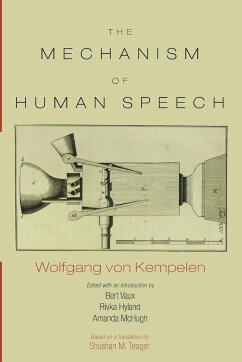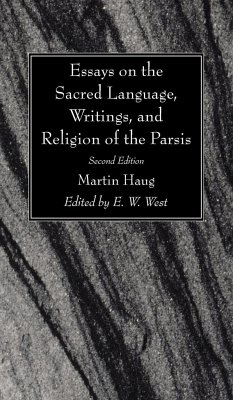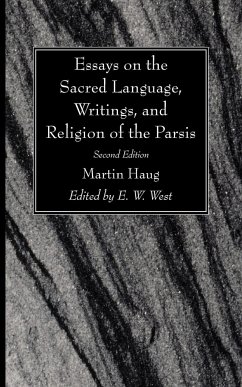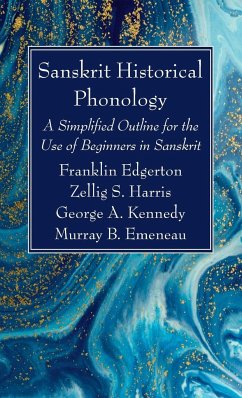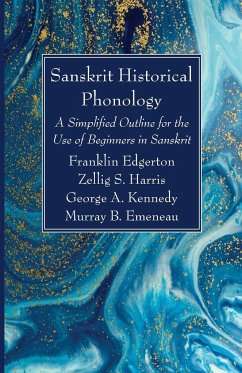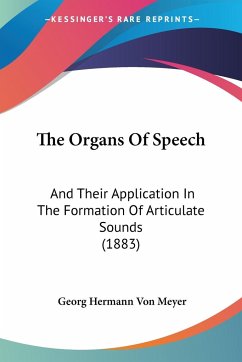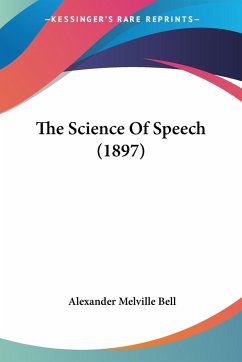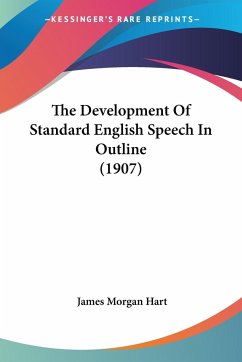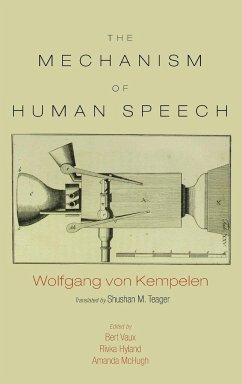
The Mechanism of Speech

PAYBACK Punkte
17 °P sammeln!
In the late eighteenth century Hungarian inventor Wolfgang von Kempelen, inspired by the success of his Mechanical Turk, which purported to be an automaton capable of playing chess, set out to create a machine that could actually speak, simulating the organs of speech by means of a series of bellows, pipes, and valves. His narrative of his efforts, together with a typically Enlightenment-era exposition of properties of human languages, appeared in slightly different German and French versions in 1791. The present work represents the first English-language translation of the French edition, aug...
In the late eighteenth century Hungarian inventor Wolfgang von Kempelen, inspired by the success of his Mechanical Turk, which purported to be an automaton capable of playing chess, set out to create a machine that could actually speak, simulating the organs of speech by means of a series of bellows, pipes, and valves. His narrative of his efforts, together with a typically Enlightenment-era exposition of properties of human languages, appeared in slightly different German and French versions in 1791. The present work represents the first English-language translation of the French edition, augmented with linguistic and bibliographical information lacking in the original.



